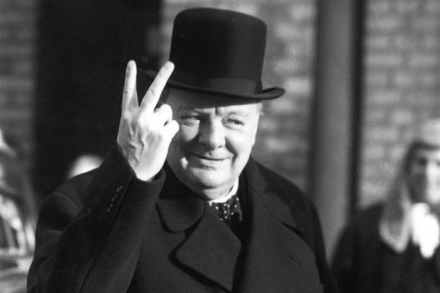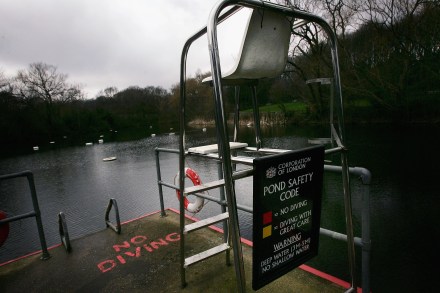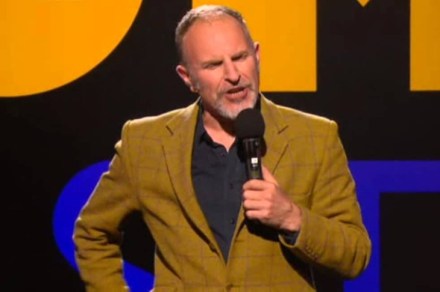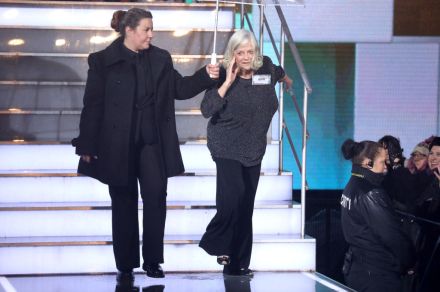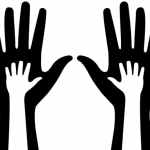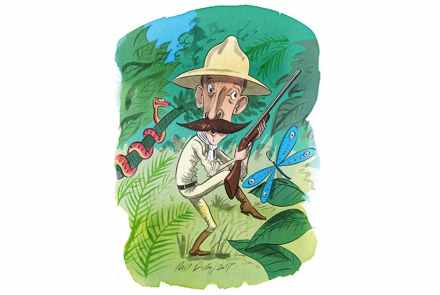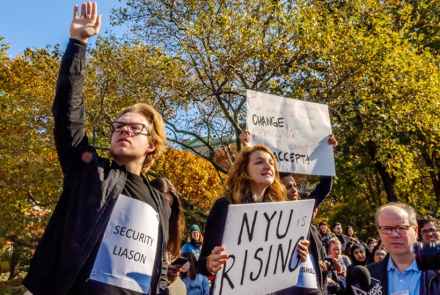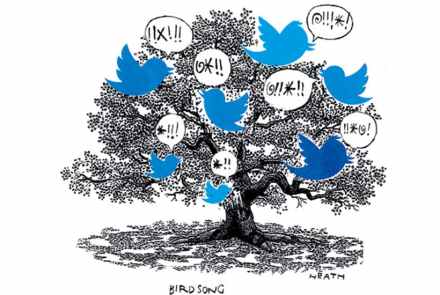Would Winston Churchill have survived public life in the age of Twitter?
It used to be the case that tabloid stings struck the fear of God into politicians and celebrities. Now social media is claiming the scalps of public figures on an almost weekly basis. Quite simply, life is on the record 24 hours a day, seven days a week. If you want to enter public life brace yourself for one long reality TV show. Privacy is dead and thanks to the advent of the camera phone everyone is now a journalist. There is no hiding place. If you’ve got a fondness for tweeting be aware it’s not a place for nuance. As a wise man once said, too many tweets make
